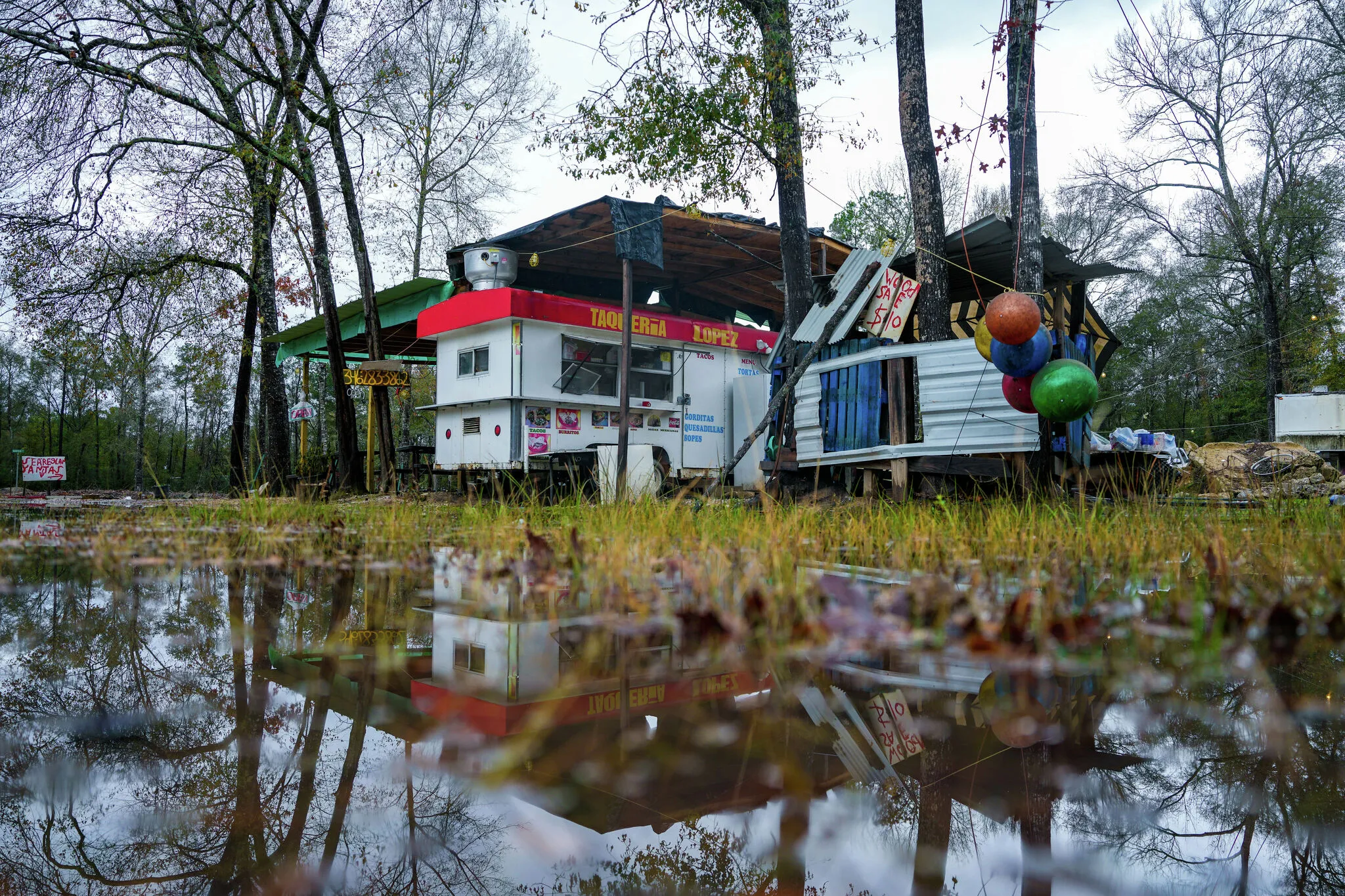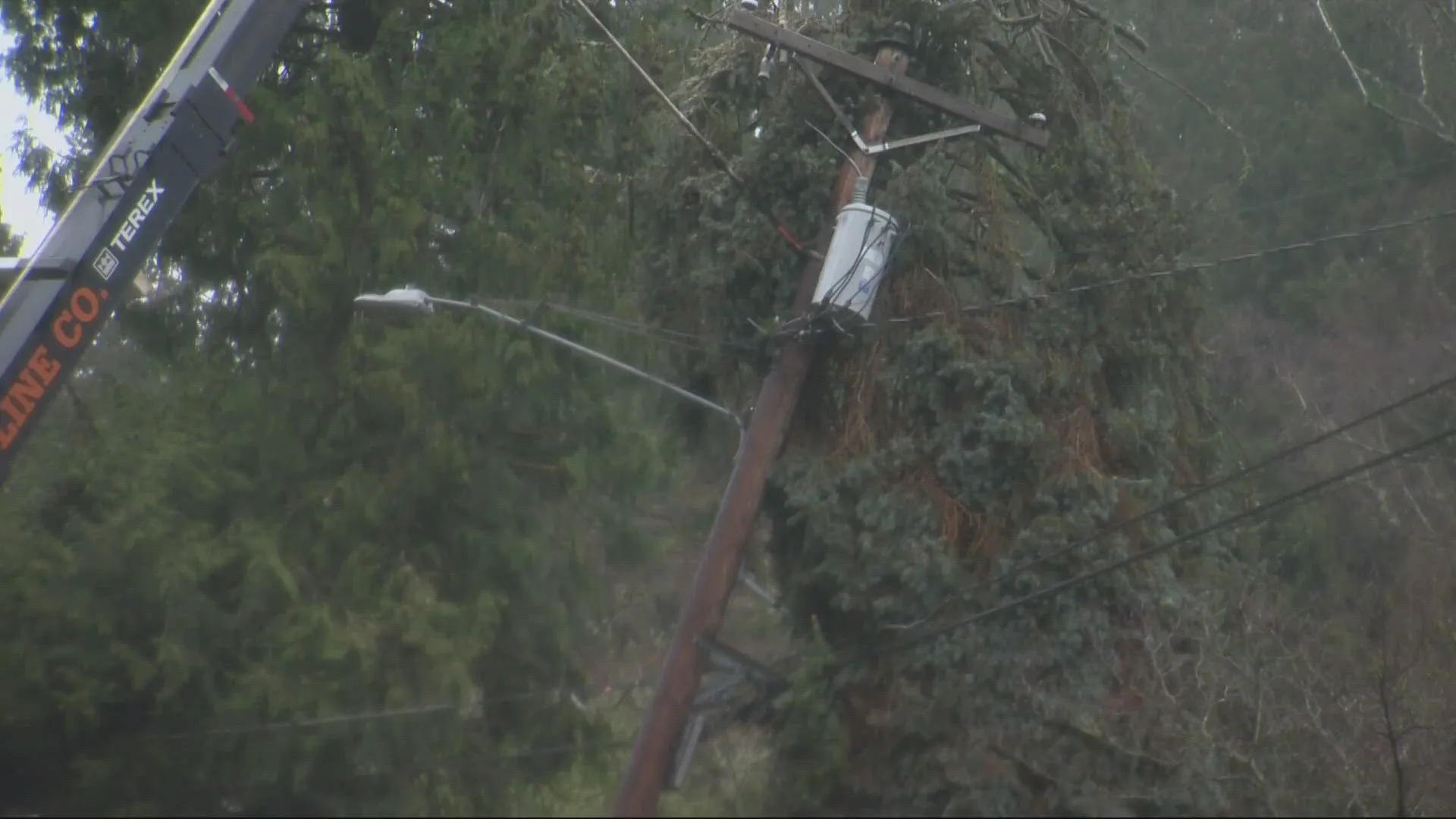Colony Ridge: The Controversial Community Sparking National Debate
Colony Ridge, a sprawling land development situated just north of Houston, Texas, has recently emerged as a focal point of national debate, drawing attention for its controversial marketing strategies and the implications it holds for immigration policy. Marketed as an affordable property ownership opportunity, Colony Ridge primarily targets Latino families seeking to establish roots in a burgeoning community. However, the development has faced significant backlash from residents and federal authorities alike, raising questions about the ethical practices of its developers and the broader societal implications of such communities.
Since its inception, Colony Ridge has been marketed as an affordable haven for families, particularly those from Latino backgrounds. Over the years, however, the community has become embroiled in a series of complaints regarding its development practices. From 2016 to 2023, more than 60 complaints have been filed by residents, highlighting issues related to infrastructure, property management, and transparency in marketing. Many residents have expressed frustration over unmet promises and inadequate living conditions, leading to a growing sense of discontent within the community.
The situation escalated further when federal authorities intervened, filing a lawsuit against Colony Ridge’s developer. Allegations of predatory lending practices surfaced, claiming that the developer specifically targeted Latino home buyers with seller-financed mortgages that carried exorbitant interest rates. This legal action has not only intensified scrutiny on Colony Ridge but has also raised broader questions about the treatment of immigrant communities in the housing market.
In addition to the legal troubles surrounding Colony Ridge, the community has become a significant point of contention in the national conversation about immigration. Recent operations aimed at undocumented immigrants living in the area have drawn attention from conservative politicians and media figures, who have used Colony Ridge as a symbol to rally against immigration. They frame the community as a place overrun by crime and cartel influence, despite a lack of substantial evidence to support such claims. This narrative has fueled fears and misconceptions about the community, further polarizing public opinion.
Local and state officials have also voiced concerns regarding the implications of Colony Ridge for immigration enforcement and community safety. Texas Governor Greg Abbott has publicly expressed his worries about the potential for Colony Ridge to become a hotbed for undocumented immigration, suggesting that the community poses risks not only to its residents but to the surrounding areas as well. This perspective reflects a growing trend among conservative politicians who leverage the narrative surrounding Colony Ridge to bolster their stances on immigration policy.
The controversy surrounding Colony Ridge is emblematic of broader tensions in U.S. politics regarding immigration, property rights, and community development. The narrative around this community has sparked critical discussions about the treatment of immigrant populations and the role of developers in shaping local demographics and economies. As the debate continues, advocates for immigrant rights argue that the focus should shift towards improving conditions for residents rather than scapegoating communities like Colony Ridge.
In light of these developments, it is essential to consider the intersection of real estate development, immigration, and political rhetoric in contemporary America. The situation at Colony Ridge serves as a microcosm of the challenges faced by immigrant communities across the country, where the promise of affordable housing often collides with exploitative practices and political agendas. Ongoing media coverage and investigations will likely continue to shape public perception and policy discussions related to Colony Ridge and similar communities nationwide.
As the national debate rages on, it remains crucial for stakeholders—including residents, policymakers, and advocacy groups—to engage in constructive dialogue aimed at addressing the underlying issues at play. The story of Colony Ridge is not just about a single community; it reflects the broader struggles faced by many in the pursuit of the American Dream. By fostering understanding and collaboration, there is hope for a more equitable future for all residents, regardless of their background.
In conclusion, Colony Ridge stands at the crossroads of multiple societal challenges, including housing affordability, immigration, and community safety. The controversies surrounding its development practices and the treatment of its residents underscore the need for comprehensive reforms in the housing market, particularly for vulnerable populations. As discussions continue, the lessons learned from Colony Ridge may serve as a critical warning for similar developments across the nation, emphasizing the importance of ethical practices and community engagement in shaping the future of American neighborhoods.






Leave a Comment